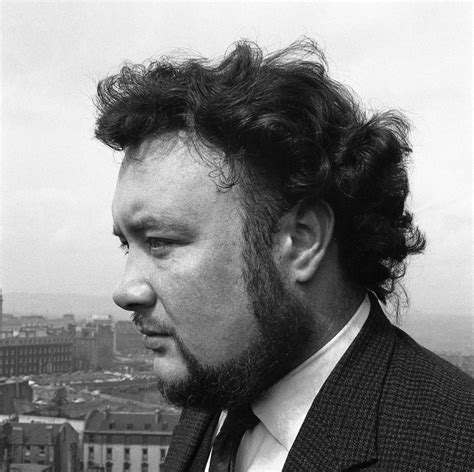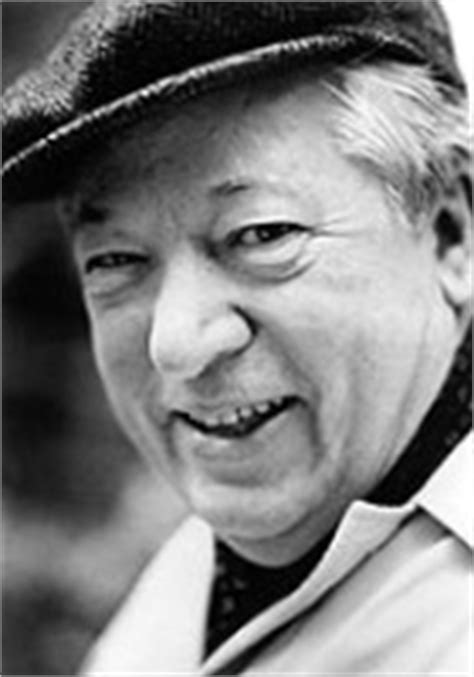A Quote by Alan Bold
The poet lives as long as his lines are imprinted on the minds of his readers.
Related Quotes
Addison writes with the ease of a gentleman. His readers fancy that a wise and accomplished companion is talking to them; so thathe insinuates his sentiments and taste into their minds by an imperceptible influence. Johnson writes like a teacher. He dictates to his readers as if from an academical chair. They attend with awe and admiration; and his precepts are impressed upon them by his commanding eloquence. Addison's style, like a light wine, pleases everybody from the first. Johnson's, like a liquor of more body, seems too strong at first, but, by degrees, is highly relished.
Nowadays when a poet with one privately printed book can have his next three years taken care of by a Guggenheim fellowship, a Kenyon Review fellowship, and the Prix de Rome, it is hard to remember what chances the poet took in that small-town world, how precariously hand-to-mouth his existence was. And yet in one way the old days were better; [Vachel] Lindsay after a while, by luck and skill, got far more readers than any poet could get today.
I think if a writer is not endeavoring to expand and alter consciousness in himself and in his readers, he is not doing much of anything. It is precisely words, word lines, lines of words and images, and associations connected with these word and image lines in the brain, that keep you in present time, right where you are sitting now.
Genius in the poet, like the nomad of Arabia, ever a wanderer, still ever makes a home where the well or the palm-tree invites it to pitch the tent. Perpetually passing out of himself and his own positive circumstantial condition of being into other hearts and into other conditions, the poet obtains his knowledge of human life by transporting his own life into the lives of others.
So, then, the best of the historian is subject to the poet; for whatsoever action or faction, whatsoever counsel, policy, or war-stratagem the historian is bound to recite, that may the poet, if he list, with his imitation make his own, beautifying it both for further teaching and more delighting, as it pleaseth him; having all, from Dante’s Heaven to his Hell, under the authority of his pen.
The poet is born with the capacity of arranging words in such a way that something of the quality of the graces and inspirations he has received can make itself felt to other human beings in the white spaces, so to speak, between the lines of his verse. This is a great and precious gift; but if the poet remains content with his gift, if he persists in worshipping the beauty in art and nature without going on to make himself capable, through selflessness, of apprehending Beauty as it is in the divine Ground, then he is only an idolater.
Leonard [Nimoy] was such a teacher for me. He was one of the most fully realized human beings I have ever known on every level - in his personal life with his personal relationships and his love for his wife and his evolution with his family. Then as an artist, as an actor, as a writer, as a poet, and as a photographer. He never stopped.







































